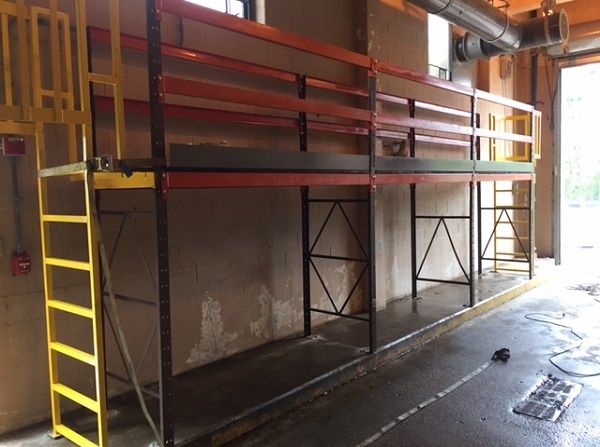


Mezzanine platforms, elevated structures within existing buildings, are pivotal in modern workspaces for cost-effective space expansion. With types like structural steel, rack-supported, and free-standing mezzanines, they optimize storage, workspace, and retail areas. Offering advantages such as cost efficiency, customization, and improved workflow, mezzanine platforms find applications in warehousing, manufacturing, offices, and retail. Careful planning, compliance with codes, safety measures, accessibility considerations, and regular maintenance ensure effective and safe use, making mezzanine platforms indispensable in optimizing workspace and storage for evolving businesses.